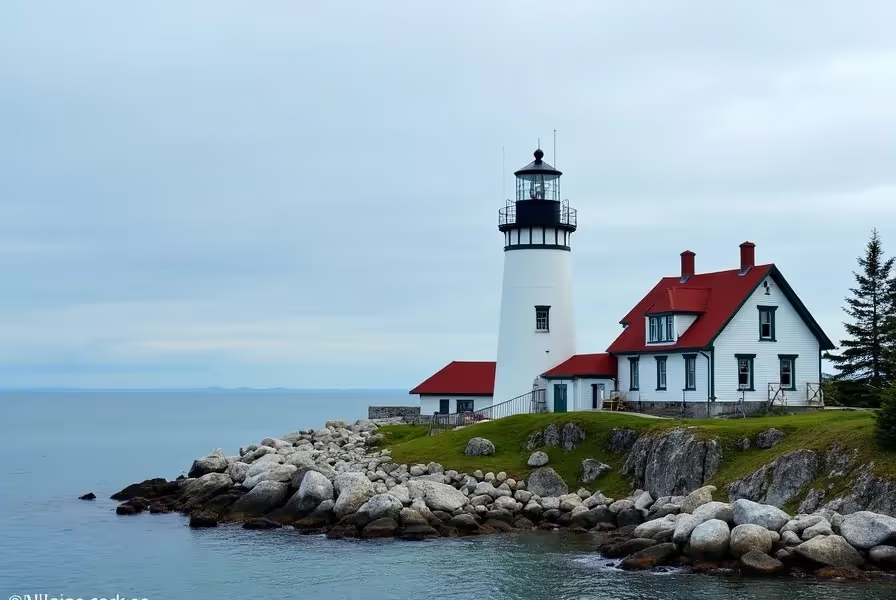Trailblazers in Women’s Educational Leadership
Women have played a vital role in advancing education worldwide. From historic pioneers to present-day innovators, their stories inspire learners, teachers, and policymakers alike. As you explore the achievements of famous women in education, you’ll discover how their impact continues to shape schools, universities, and communities—both now and in the past.
Historic Female Educators Who Changed the World
Several women stand out in education history as agents of change. Their work created opportunities not just for girls and women, but for all learners seeking knowledge and equality.
- Mary McLeod Bethune—Bethune founded a school for African American girls in 1904. She later advised U.S. presidents and became a champion for educational equity and civil rights.
- Maria Montessori—Montessori developed a unique child-centered educational philosophy. Her ideas now influence classrooms all around the world, especially in early childhood education.
- Malala Yousafzai—Even as a young woman, Malala became a global advocate for girls' education. Her courage led to the Nobel Peace Prize and inspired international efforts to promote education for all children.
- Helen Keller—With the guidance of her teacher Anne Sullivan, Keller overcame disabilities to become an acclaimed author and lecturer, championing education for people with disabilities.
- Emma Willard—One of the first to advocate for women’s higher education in the U.S., Willard founded the Troy Female Seminary, opening doors for generations of young women.
Modern-Day Influencers in Global Education
As we look to the present, there are many renowned women leading educational reform, research, and advocacy. These leaders show what’s possible for today’s students and teachers through innovation and resilience.
- Dr. Jill Biden—The current First Lady of the U.S. is also a lifelong educator, teaching at community colleges and advocating policy for affordable, quality education for everyone.
- Michelle Obama—As First Lady, she promoted access to education, launching the “Let Girls Learn” initiative that emphasizes girls’ empowerment and scholarship worldwide.
- Wendy Kopp—Kopp founded Teach for America, mobilizing new college graduates to teach in underserved schools, changing educational outcomes for thousands of students.
- Melinda French Gates—Through the Bill & Melinda Gates Foundation, she invests in educational innovation, technology access, and school reform in the U.S. and globally.
- Dr. Temple Grandin—Diagnosed with autism, Grandin shattered barriers in special education and animal science. She is an advocate for neurodivergent learners and educational inclusion.
How Have Women Transformed Education Over Time?
The contributions of women in education have evolved alongside society’s needs and opportunities. In the 19th and 20th centuries, women like Mary Lyon and Elizabeth Blackwell founded institutions for girls, paving the way for gender equity in teaching and administration. Today, women not only lead classrooms but also direct school systems, universities, and international policy initiatives.
Key milestones include:
- Women serving as the majority of public school teachers in the U.S. since the early 1900s
- Rising numbers of female principals, superintendents, and college presidents
- Increased representation in STEM education advocacy and reform
These achievements fuel ongoing efforts to close the gender gap in science, technology, engineering, and math, as well as higher education leadership.
Iconic Female Educators Whose Legacies Live On
If you search for the most influential women in education, you’ll find names that have become synonymous with progress and hope. Their lasting legacies inspire educational policy, research, and classroom practice today.
- Ellen Swallow Richards—The first woman admitted to MIT, Richards established home economics as a field, blending science and education for practical progress.
- Charlotte Forten Grimké—As one of the first Black teachers to educate freed slaves in the South, she worked tirelessly for inclusive school systems.
- Lucy Craft Laney—Founded schools for Black children in Georgia, showing unyielding commitment to equality despite segregation-era challenges.
- Dorothy Height—An educator and leader in civil and women's rights, Height reinforced the inseparable links between social justice and quality education.
Why Representation in Educational Leadership Matters
Seeing women in school leadership roles matters. It inspires young people—both girls and boys—to aim high. Female role models in STEM education, administration, and policy empower future generations to pursue their passions without limits.
Diverse voices in curriculum development, teaching, and research enrich our understanding of the world. This diversity also strengthens global efforts to improve access, address equity gaps, and promote lifelong learning for all learners.
Frequently Asked Questions: Famous Women in Education
Who was the first woman to found a school in the United States?
Emma Willard established the Troy Female Seminary in 1821. It was the first school to offer higher education for women in the U.S. and helped shift attitudes about educating girls.
How did Malala Yousafzai influence global education?
Malala Yousafzai survived an attack by the Taliban due to her advocacy for girls' education. She became an international symbol for the right to learn, won the Nobel Peace Prize, and established the Malala Fund to support education worldwide.
Which modern female leaders are improving access to education?
Leaders like Dr. Jill Biden, Melinda French Gates, and Michelle Obama are focused on expanding opportunities for students. Their work includes policy advocacy, investing in schools, and empowering girls through special programs.
Are women leading colleges and universities today?
Yes, more women are serving as college presidents and university leaders than ever before. However, there is still room for growth, especially at top research institutions worldwide.
The Future: Encouraging More Women in Educational Innovation
If you are passionate about teaching, administration, or educational research, the stories of these famous women show that your impact can be lasting and transformative. By supporting girls and women in education, communities invest in brighter futures for everyone. Their journey is proof that dedication, courage, and vision open doors once thought closed.










.svg)



